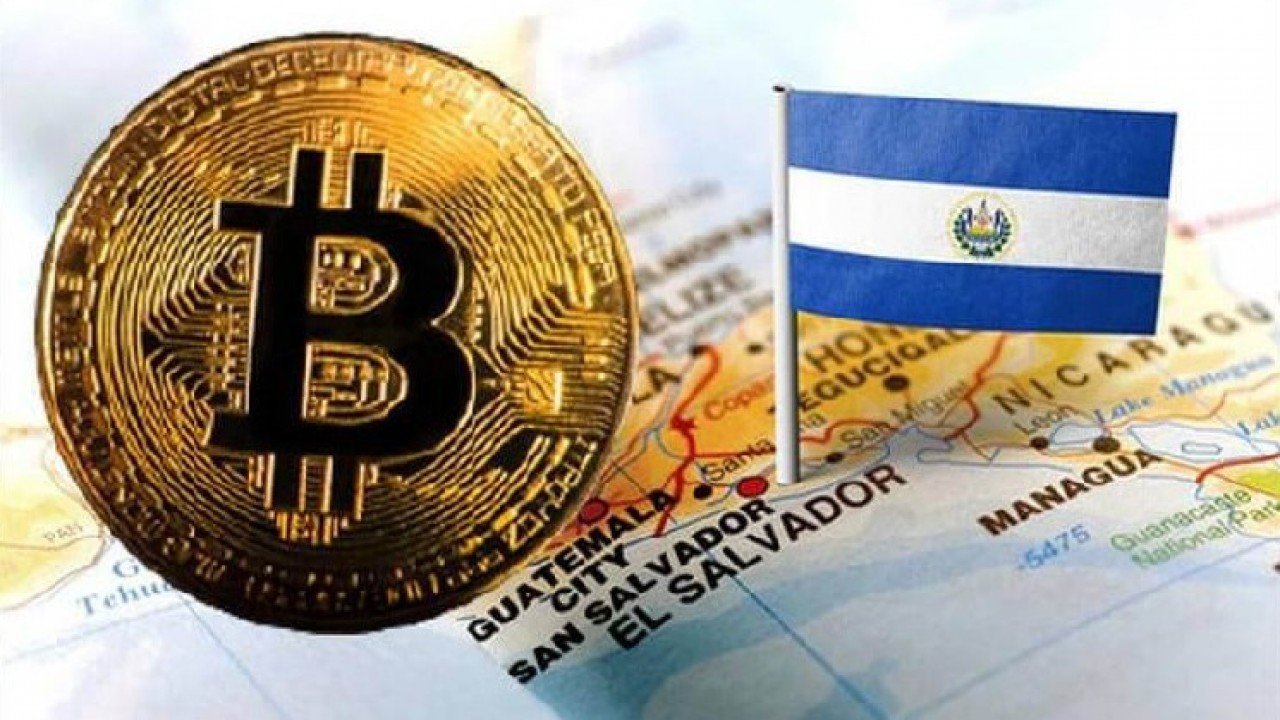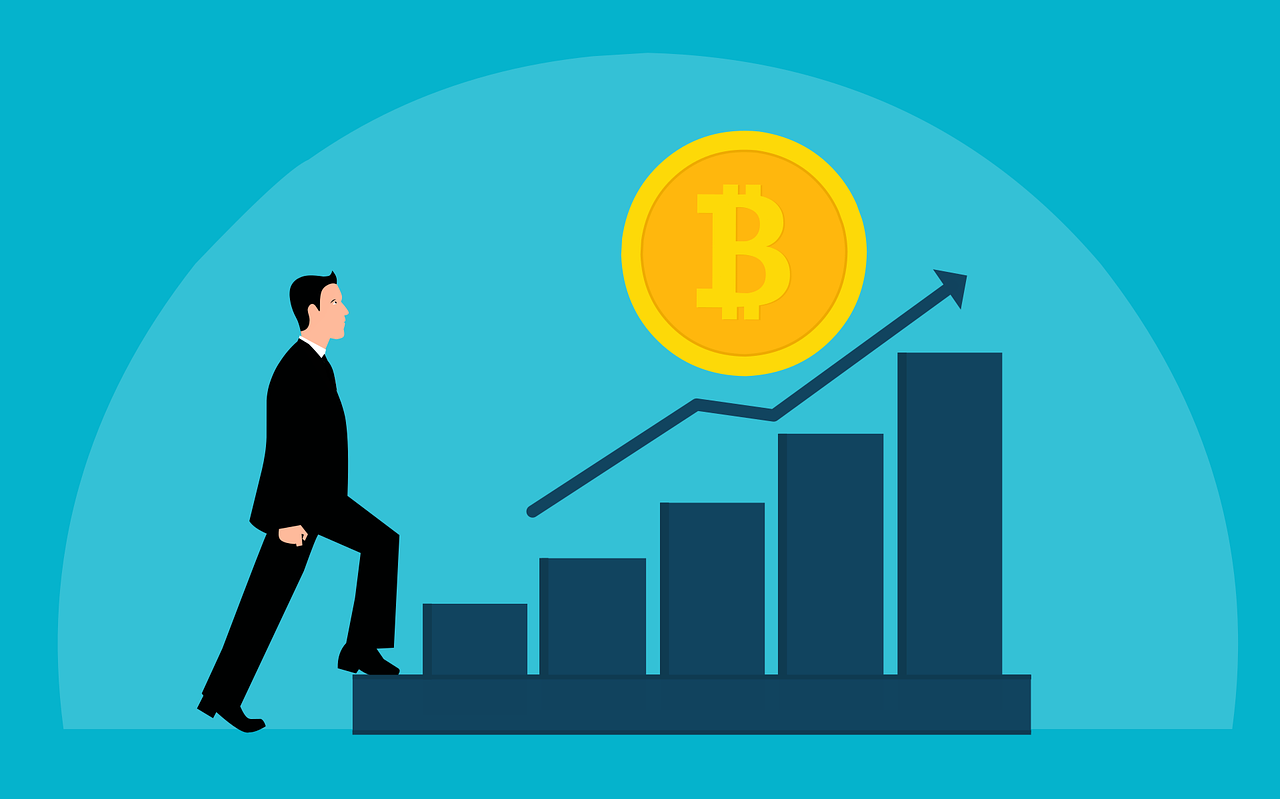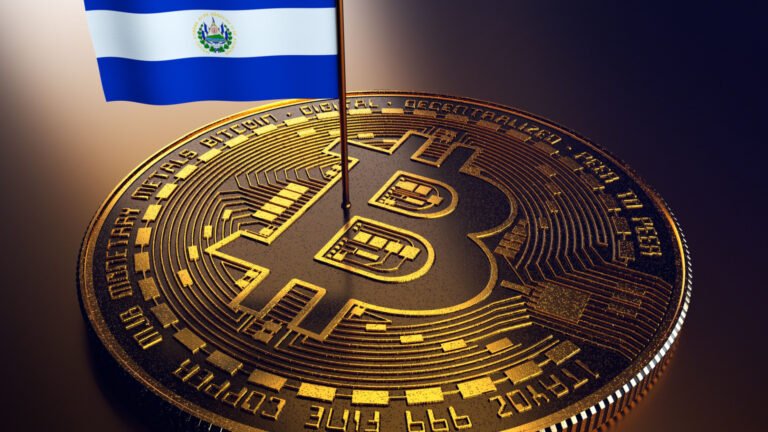According to a regulation change made by the country’s government, businesses in El Salvador are no longer compelled Salvador Ends Bitcoin Mandate. After President Nayib Bukele’s government enthusiastically supported bitcoin, this move signifies a significant shift in the nation’s stance. This essay delves into the significance of this shift, Bitcoin’s history in El Salvador, and the potential outcomes for cryptocurrency acceptance in the area going forward.
El Salvador’s Bitcoin Journey
El Salvador garnered much attention after being recognized. The world’s first nation to recognize Bitcoin as legal cash in September 2021. The government’s ambitious strategy promoted financial inclusion, attracted foreign investments, and boosted the economy. To help its unbanked citizens and open up new economic prospects, the government mandated that Bitcoin be used in commercial transactions alongside the US currency.
The government unveiled a digital wallet called Chivo to support this endeavour, which made sending and receiving Bitcoin easy. The administration also set up a Bitcoin trust fund to guarantee the consistent execution of transactions. Nonetheless, many companies still had difficulty adjusting to the new currency, blaming customer confusion, technological hurdles, and volatility.
Salvador Ends Bitcoin Mandate

The Salvadoran government announced in January 2025 that it would abolish the mandatory acceptance of Bitcoin. The ongoing uncertainty around Bitcoin prices and the varying reactions from consumers and businesses played a significant role in this decision. Many company owners were pressured to participate in a system with which they were unfamiliar.
The government is shifting from requiring Bitcoin acceptance to encouraging its voluntary use. Portraying it as a choice for businesses rather than a necessity. This action shows that the real world is because many companies have trouble integrating digital money into their current processes.
Salvador Eases Bitcoin Mandate
Businesses around El Salvador will feel the effects of the decision to be no longer required to accept Bitcoin immediately. With the Bitcoin market’s stresses alleviated, several small company owners have voiced their relief. This change may stabilise trade, give citizens confidence and stabilise day-to-day operationserchants can decide whether to continue accepting Bitcoin.
However, once compliance pressure is removed, many will likely return to more conventional payment methods, such as the US currency, which provides more stability. This decision might result in a drop in Bitcoin transactions and, perhaps, a rethinking of people’s use of digital wallets.
Reactions to Crypto Policy Change

A variety of opinions have surfaced in response to the policy change. Some people are glad the government is finally getting into crypto. At the same time, others see it as a step backwards from the promised financial innovation. Some think the first effort was bungled, and people weren’t properly educated about Bitcoin, leading to its low adoption.
The effects of this policy change on the economy are still unclear. Salvador Ends Bitcoin Mandate stress the cryptocurrency’s ability to entice investors and provide new business possibilities. However, naysayers point out that eliminating the need for it could scuttle the financial advances that proponents of this daring measure hoped for.
Uncertain Bitcoin Future in El Salvador
The fate of cryptocurrencies in El Salvador is uncertain. The government has restored the option for businesses to accept Bitcoin willingly. Important variables that will determine the course of events in this story include public interest in digital currencies. Technological developments and worldwide cryptocurrency trends.
Educational programs to clarify how to use Salvador Ends Bitcoin Mandate individuals and businesses will likely be required to allay concerns about its volatility. If the government can’t offer the necessary resources and support to help people comprehend, the voluntary adoption approach might not work.
In summary
The decision to remove the requirement that businesses accept Bitcoin has marked a major shift in El Salvador’s stance toward cryptocurrency. This shows that people are aware of the problems companies encounter and that the economy needs to be stable. However, it also makes people wonder what the future holds for Bitcoin in terms of its potential to help people gain access to financial services and spur innovation.
It will be critical to track how this policy change affects. The people and the economy in El Salvador move forward in this new chapter. There is still hope for voluntary adoption, but moving forward, we will require careful consideration of what we learned from our unique national experience with cryptocurrencies. It is unclear whether this will indicate a return to traditional financial systems. The beginning of a flourishing ecosystem for digital currencies in El Salvador.
[sp_easyaccordion id=”4078″]

